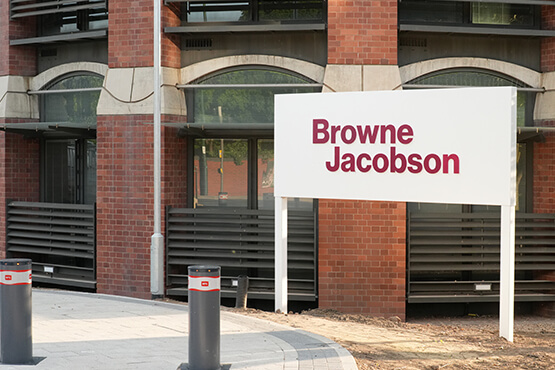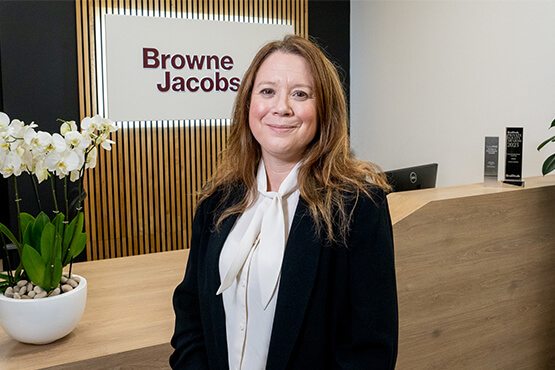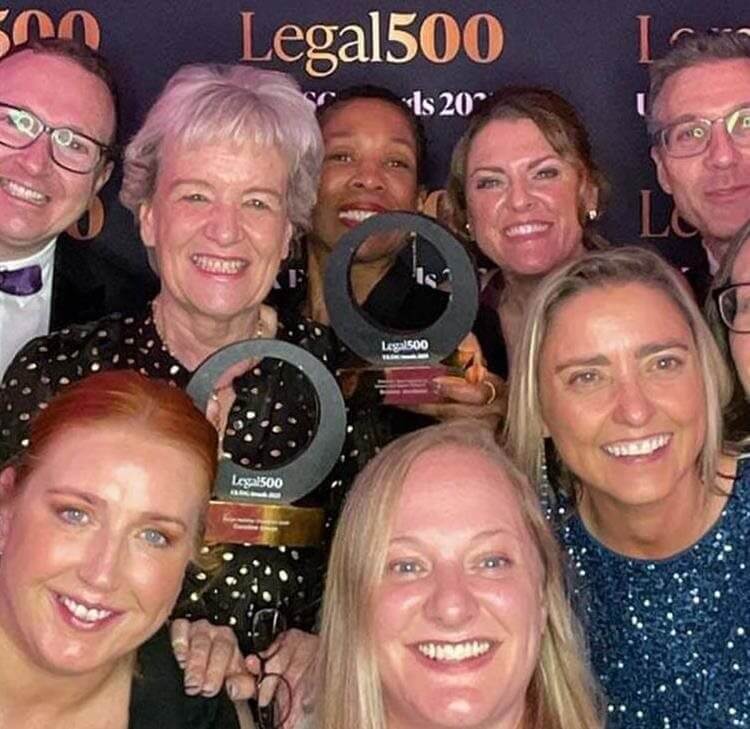Browne Jacobson promotes nine lawyers to senior level for 2019
National law firm Browne Jacobson has announced the promotion of nine lawyers to partner and legal director positions across its offices in Birmingham, London, and Nottingham.
National law firm Browne Jacobson has announced the promotion of nine lawyers to partner and legal director positions across its offices in Birmingham, London, and Nottingham.
This includes six made up to partner and three to Legal Director. This brings the number of partners at the firm to 138, and the number of Legal Directors to 14.
Caroline Green, Senior Partner at Browne Jacobson, commented:
“We are delighted to promote these nine talented lawyers, all of whom provide the straightforward, high quality, market-leading advice and exceptional client care that we are known for.
“These promotions are reflective of the growth in our business across all our sectors and are part of our continuing commitment to invest in our people and their development.”
The promotions include:
Partner
Birmingham
Matt Harpin (Local Authority & Disease)London
Giles Parsons (Commercial)
Nottingham
Paul McCannah (Corporate)
Carl May-Smith (Criminal Regulatory) - (Partner Barrister)
Rebecca Toates (Development & Housing)
Mark Lewis (Development & Housing)
Legal Director
Birmingham
Mike Hoye (Real Estate)
London
Alexander Harris (Retail)
Nottingham
Emma Taylor (Insolvency/Commercial Dispute Resolution)
Contact

Kara Shadbolt
Senior PR & Communication Manager
kara.shadbolt@brownejacobson.com
+44 (0)330 045 1111








































